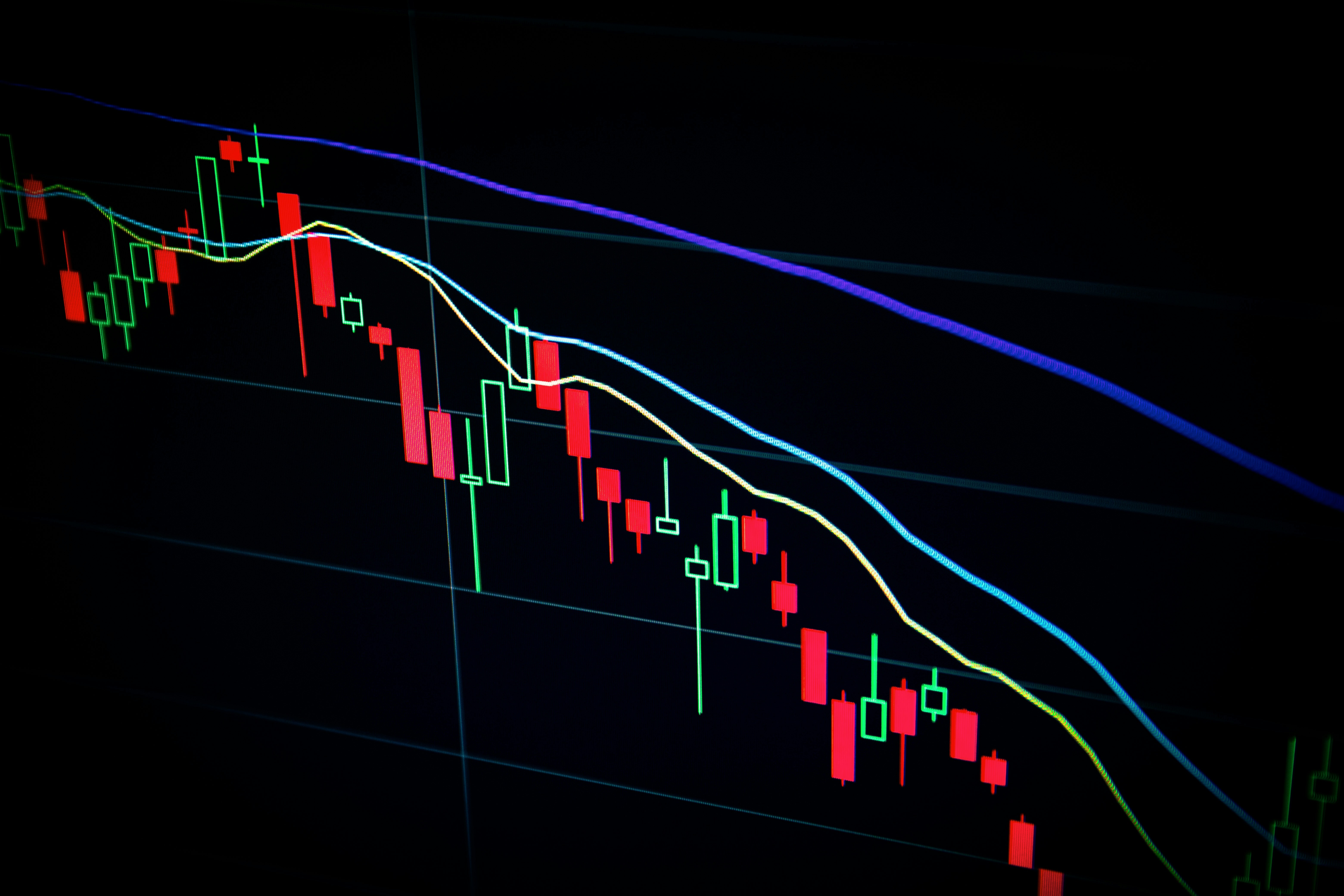Go back
Overtrading: A Major Mistake to Avoid in Trading
Jun 16, 2025
In the fast-paced world of trading, it's easy to get caught up in the allure of quick profits. Many traders, especially beginners, fall into the trap of overtrading—taking an excessive number of trades in a short time frame. This common mistake can lead to significant financial losses, emotional stress, and ultimately, burnout. Understanding the implications of overtrading and how to avoid it is crucial for long-term success in the trading arena.
Relatable Scenarios
Scenario 1: The Newbie Trader
Imagine Sarah, a novice trader who has just started her journey in the forex market. Excited by the potential profits, she begins trading every time she sees a movement in the market. At first, she makes a few successful trades, boosting her confidence. However, as she becomes increasingly eager to capitalize on every opportunity, she starts making impulsive decisions, entering and exiting trades without a solid strategy. Eventually, Sarah finds herself overwhelmed and in the red, as her losses begin to pile up. Her initial excitement turns into frustration, leading her to abandon her trading plan altogether.
Scenario 2: The Seasoned Trader
John is a seasoned trader who has experienced both wins and losses. After a particularly profitable month, he becomes overly confident. He starts to believe that he can predict market movements with ease. In his quest to maximize profits, he begins taking multiple trades daily, often without proper analysis. His focus on quantity over quality results in several bad trades, wiping out his previous gains. John realizes too late that his overtrading has not only affected his account balance but also his mental well-being.
Why Overtrading Happens
Overtrading often stems from emotional impulses, such as fear of missing out (FOMO) or the desire to recoup losses. Additionally, traders may feel pressured to stay active in the market, believing that constant trading will yield better results. The thrill of trading can also lead to impulsive decisions, causing traders to overlook the importance of a structured approach.
The Consequences of Overtrading
1. Increased Transaction Costs: Frequent trading incurs higher transaction fees, which can erode profits. The more trades you make, the more your brokerage fees add up.
2. Emotional and Mental Fatigue: Constantly monitoring the market can lead to burnout. This fatigue can cloud judgment, making traders more susceptible to poor decision-making.
3. Loss of Focus: Overtrading can dilute a trader's focus on their strategy. When too many trades are executed, it becomes challenging to analyze and learn from each one.
4. Inconsistent Results: A lack of discipline leads to a rollercoaster of profits and losses, making it difficult to establish a consistent trading record.
Solutions to Avoid Overtrading
1. Establish a Trading Plan: A well-defined trading plan sets clear guidelines for entering and exiting trades, as well as risk management strategies. Stick to your plan and avoid impulsive trades.
2. Set a Trading Limit: Determine a maximum number of trades you will make in a day or week. This helps to enforce discipline and prevents the urge to overtrade.
3. Practice Mindfulness: Take regular breaks to step away from the screen. Mindfulness techniques, such as meditation or deep breathing exercises, can help maintain emotional balance and focus.
4. Focus on Quality, Not Quantity: Prioritize making fewer, well-researched trades over numerous impulsive ones. Quality trades are more likely to yield favorable outcomes.
5. Review and Reflect: After each trading session, take time to review your trades. Analyze what worked and what didn’t. This self-reflection can help reinforce better trading habits.
6. Stay Informed, but Not Overloaded: Keep up with market news and analysis, but avoid information overload. Focus on relevant information that aligns with your trading strategy.
7. Seek Guidance: If you find it challenging to control your trading behavior, consider joining a trading community or working with a mentor who can provide support and accountability.
Conclusion
Overtrading is a common pitfall that can derail even the most promising trading careers. By recognizing the signs of overtrading and implementing effective strategies to manage your trading behavior, you can safeguard your investments and enhance your overall trading experience. Remember, successful trading is not just about making profits; it’s about maintaining discipline, focus, and a balanced approach to the markets.



